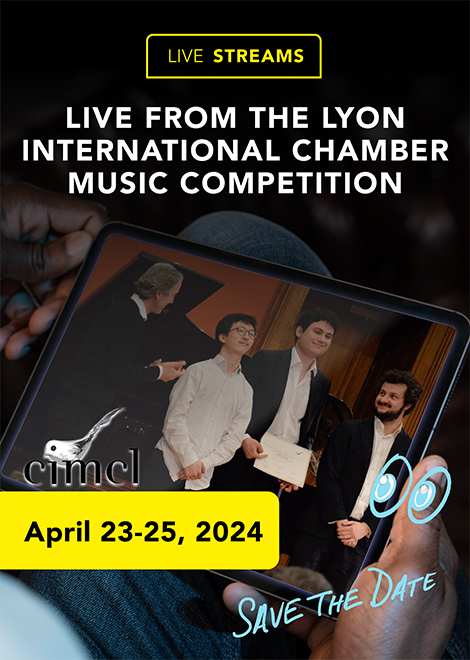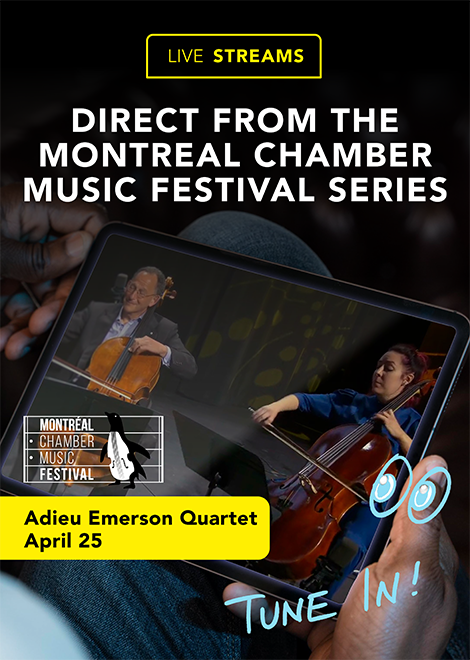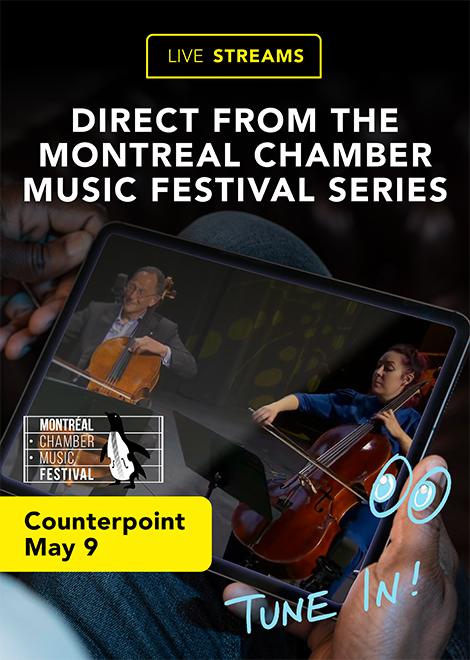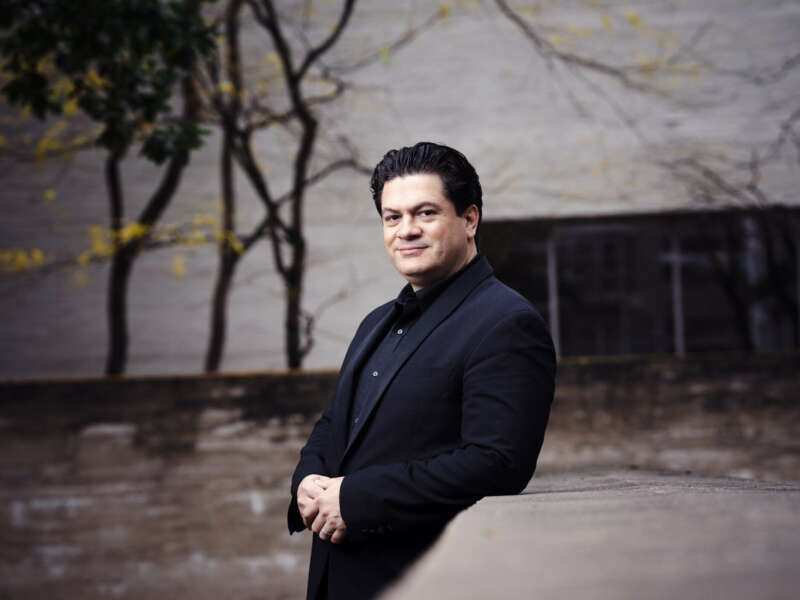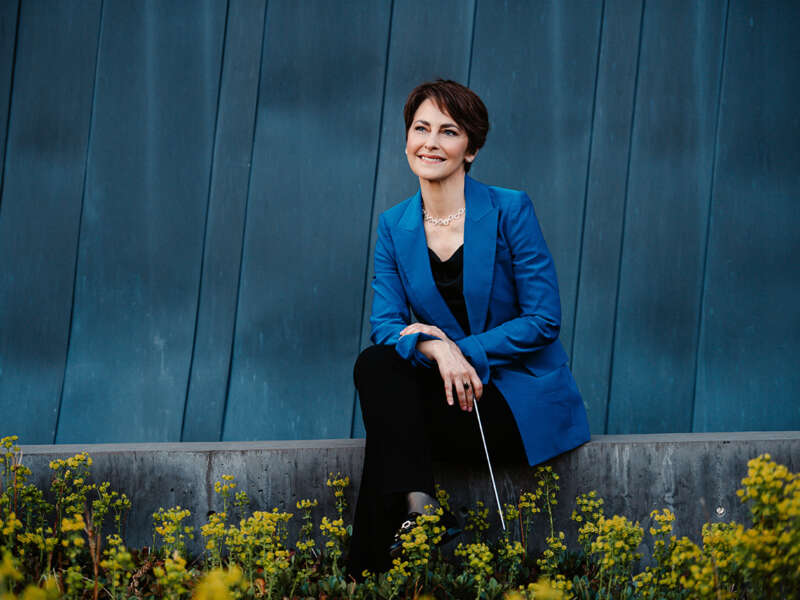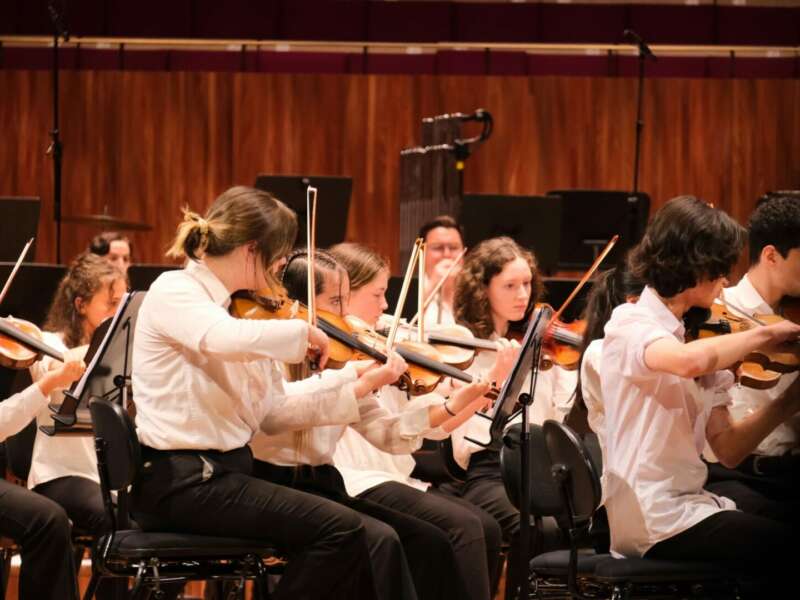Cellist Alban Gerhardt on Building Your Own Interpretation of a Standard Work
German cellist Alban Gerhardt shares his personal thoughts on how to build your own unique interpretation of a popular work.
When you're learning a work from the standard repertory, do you pick out the recording by your favorite artist and listen to it? Perhaps, you're someone who prefers to isolate yourself from other recordings and learn it entirely on your own. Different musicians have different approaches.
Cellist Alban Gerhardt shares his advice on the topic.
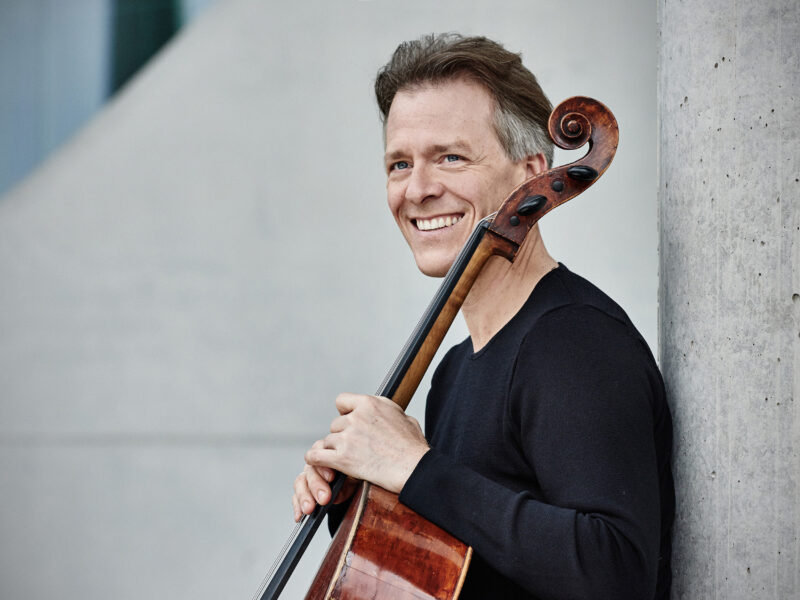
(Photo credit: Kaupo Kikkas)
Alban Gerhardt shares how he creates his own interpretation of a work
Whenever I have or had to learn a standard work I ignore any recordings or previous performances of it.
This way I can be quite sure that the outcome will be my ''own'' and possibly ''unique'' interpretation, as the intentions of the composer are all more or less obvious in the score, but everybody could or should understand these abstract black dots and dashes on a white piece of paper differently to the next person.
I don’t treat the learning of a completely new piece at all different to standard repertoire.
I pretend to be the first person ever who played it. It does help to know other works of the composers you want to perform.
When learning the Schumann Concerto for the first time I did not know any recordings of that work but had accompanied my mother on the piano with most of his songs as he is my favourite Lied composer, and I had played most of his chamber music and some of his piano music.
But even the not-yet standard repertoire concerto of M. Weinberg which Rostropovich had premiered I learned and memorized without knowing any other performance of it, only to be surprised by how differently Rostropovich’s interpretation was to mine after I had performed it for the first time.
Why don’t I take the version of the world’s greatest cellist who on top of it worked the piece with the composer, more seriously?
Possibly Weinberg told Rostropovich things that weren’t in the score... wouldn’t that be interesting?
Maybe, but maybe the incredibly charismatic Rostropovich was so convincing with his interpretation that Weinberg didn’t push for what he might have felt and wanted differently when he wrote it down – or maybe Weinberg didn’t even remember the exact feeling.
I am far from being a performer like Rostropovich, but when I premiered Brett Dean’s Huntington Eulogy for piano and cello together with Steven Osborne, we tried our best to do justice to the instructions of the composer, only to find out later that the composer who was unable to attend the world premiere, did enjoy the recording of it very much but had something quite different in mind.
Would it make any sense for the next cellist to listen to my version of it?
Absolutely not, because even if Brett Dean would have worked on the piece with me, he most possibly would not have changed the way I felt the piece.
The beauty of music is that there are so many ways to understand and interpret any given phrase or work – why limit oneself to the ''one'' reference recording or performance?
–Alban
Do you have an idea for a blog or news tip? Simply email: [email protected]
“One of the finest cellists around – expressive, unshowy and infinitely classy“ (The Guardian). Alban Gerhardt has, for twenty-five years, made a unique impact on audiences worldwide with his intense musicality, compelling stage presence and insatiable artistic curiosity. His gift for shedding fresh light on familiar scores, along with his appetite for investigating new repertoire from centuries past and present, truly set him apart from his peers.
april 2024
may 2024






